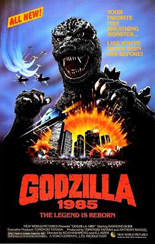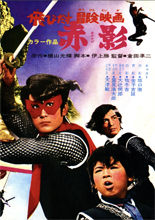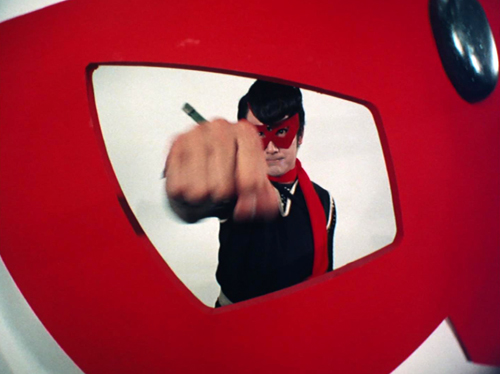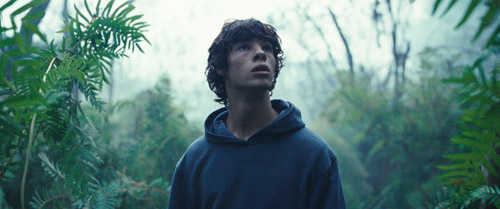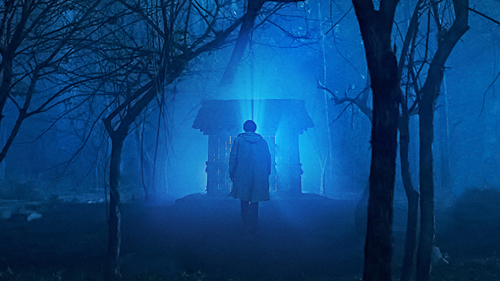
With a revisit of Godzilla 1985, the biggest question isn’t why it took Toho more than a decade to bring the king of the monsters back from retirement. The biggest question also isn’t why it ignores the 14 sequels following the 1954 original Godzilla. Rather, the biggest question is why the opening introduces some kind of flying tick the size of an Igloo ice chest, only for it to never reappear.
At least that’s my biggest question. More serious G-fans may wonder otherwise, like, “This was the first Godzilla movie you saw in full?” It sure was! Before I could drive, it took some convincing for my mom to rent it for me. New World Pictures’ VHS release had Marv Newland’s immortal Bambi Meets Godzilla cartoon playing upfront, too.
But to answer the inquiries posed in paragraph one: Who cares when Raymond Burr is back! Returning for the first and last time since the Americanized franchise-starter, Burr (Gorilla at Large) is the barrel-chested newspaperman Steven (née Steve) Martin. Also returning: Godzilla, re-emerging in Japan after all these years, taking out a Russian sub in the process. The Russkies blame the U.S., not the big lizard, thereby stoking nuclear fears.
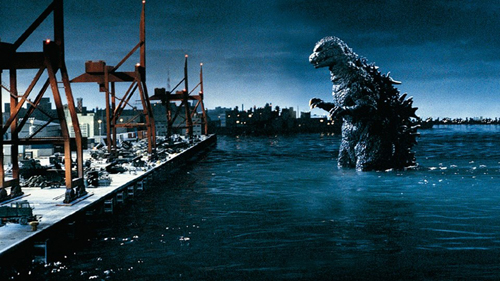
As the lone Western Hemisphere-based survivor of Godzilla’s initial stampede three decades prior — you know, before the world discovered color — Martin is summoned to the Pentagon as an adviser. The Pentagon is played by a darkened room, plus one hallway to allow for product placement for Dr Pepper, so misunderstood.
That’s about all the “story” Godzilla 1985 requires. The Japanese authorities employ bird chirps to lure our favorite kaiju into a volcano; luckily, Godzilla takes a detour to stomp the shit out of downtown Tokyo first — the film’s raison d’être. Having previously performed assistant duties on King Kong vs. Godzilla and others, director Koji Hashimoto understands his simple mission and rises to the occasion: Showcase the nice model work and get out of the way.
By contrast, the Burr/Pentagon/American footage handled by R.J. Kizer (Hell Comes to Frogtown) is all passive spectatorship. However, it does allow for the introduction of, despite his red hair, a U.S. military major (Travis Swords, Pink Cadillac) who milks his second-banana status for all it’s worth. For example, while monitoring the sitch in Japan, he notes, “That’s quite an urban renewal program they’ve got going over there.” He’s not wrong. —Rod Lott

